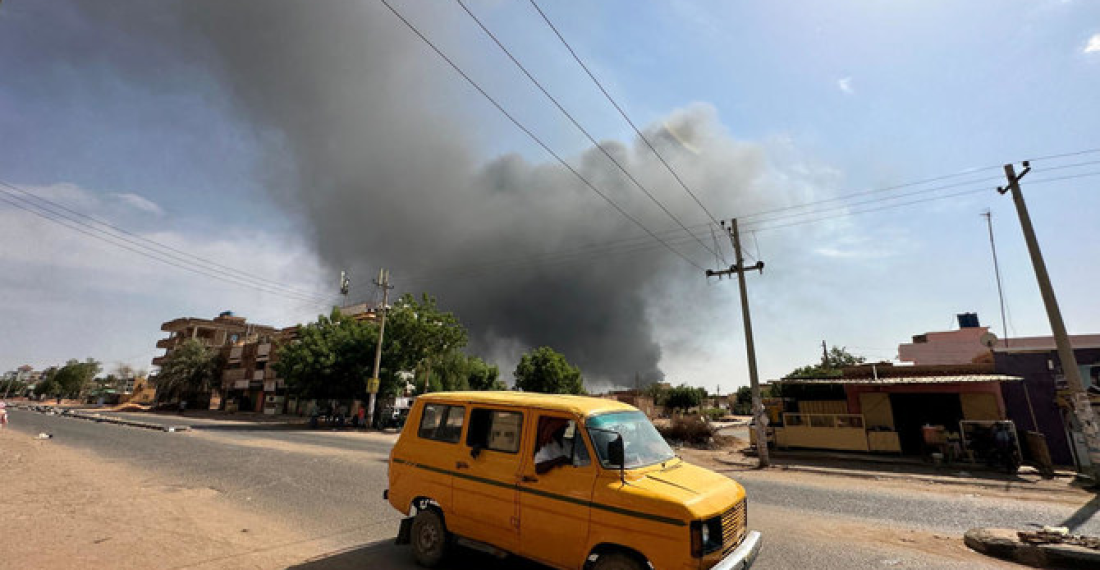The United Nations (UN) has warned that Sudan risks descending into a "full-scale civil war" after an air strike was launched on a residential area in the city of Omdurman near the capital, Khartoum, on Sunday (9 July).
The Deputy Spokesperson of the UN Secretary General Antonio Guterres said that he condemned the air strike that killed at least 22 people, adding that he "remains deeply concerned that the ongoing war between the armed forces has pushed Sudan to the brink of a full-scale civil war, potentially destabilizing the entire region."
He said that "there is an utter disregard for humanitarian and human rights law that is dangerous and disturbing."
Fighting broke out between two rival generals in Sudan on 15 April after talks between the Sudanese Army and the paramilitary group, the Rapid Support Forces, over a transition to a civilian government broke down, and fighting erupted.
Since then approximately 3,000 people are confirmed to have been killed in the conflict, although the true death toll is likely to be much higher. Widespread sexual violence, targeted ethnic violence, and looting have been reported, as well as food and water shortages especially in the capital city of Khartoum.
Meanwhile, according to the International Organization for Migration, some three million people have been displaced, including 700,000 who have fled to neighbouring countries such as Saudi Arabia.
Numerous negotiated cease-fires have failed, and fighting continues.






